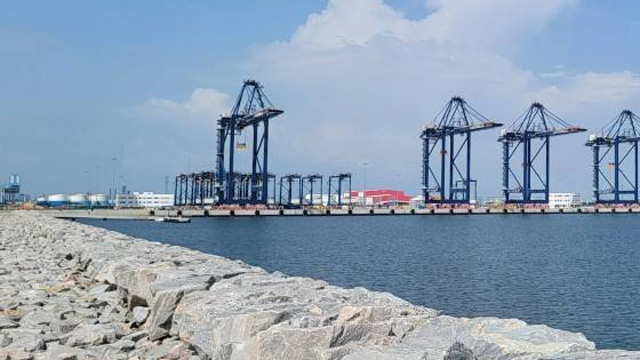
Nigeria and other maritime organisations across the globe have been urged to fortify their defences against the growing cyber threats, which rose to $550,000, a threefold increase from $182,000 in 2022.
According to a recent report by Thetius, law firm HFW, and maritime cybersecurity company CyberOwl, ransom demands have skyrocketed by more than 350 per cent, with an average payment of $3.2 million, up from $3.1 million the previous year.
The report, titled: “Shifting tides, rising ransoms and critical decisions,” underscores the urgency of addressing cybersecurity challenges in the maritime industry, with cybercrime poised to become a $10.5 trillion industry by 2025.
The founder and Managing Director of Thetius, Nick Chubb, raised the alarm that the cost of cyber attacks is on the rise in the maritime industry, adding that the sector’s vulnerability to cyberattacks is heightened by the proliferation of operational technology (OT) and Internet of Things (IoT) networks on merchant ships.
He said these digital systems create a fertile ground for generic and specific threats, including business interruption, financial exploitation, and damage to critical systems.
Chubb said recent research from DNV suggests that a cyber attack could even lead to the closure of major waterways, amplifying the risk.
“Cybercriminals see the maritime sector as a tantalising target, not only for the prospects of substantial ransom payments but also due to the escalating attention and sensitivities of charterers and port authorities to potential reputational damage. In response, maritime organisations can no longer afford to rely solely on basic cybersecurity measures; they must address the financial pressures involved in safeguarding their digital assets and networks,” he said.
A partner at HFW, Tom Walters, said findings show that while maritime cyber security has improved, the industry remains an easy target, noting that shipping organisations are being subject to more cyber attacks than ever before.
He said the cost of attacks and demand for ransom payments have skyrocketed.
Walters said it is crucial for maritime organisations to recognise the varying levels of risk and ensure that they are adequately resourced.
“Cyber insurance also remains a challenge, with a significant proportion of industry professionals admitting their organisations lack adequate insurance coverage. This lack of maturity in cyber risk management makes many companies ineligible for comprehensive insurance policies, leaving them exposed to significant financial losses,” he said.






